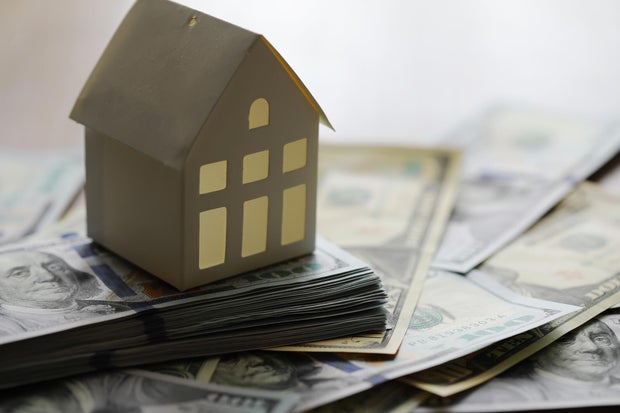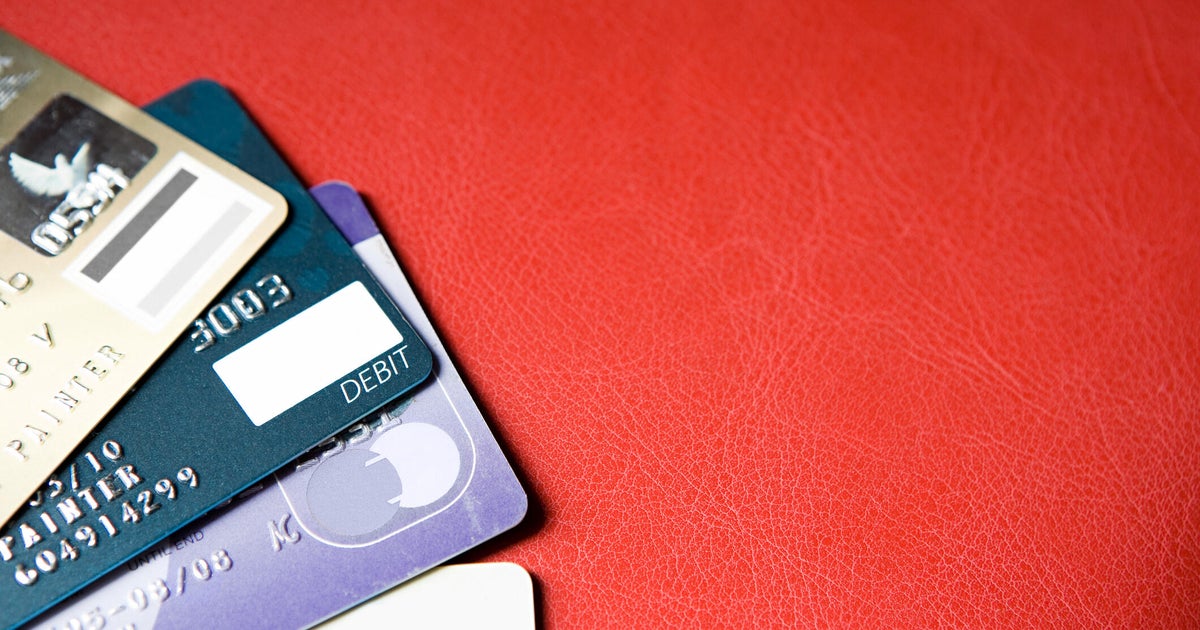 There are both smart and risky ways to borrow money from your home this fall.
alexkich/Getty Images
There are both smart and risky ways to borrow money from your home this fall.
alexkich/Getty Images
Interest rates are elevated, and the cost of living keeps rising, so many homeowners are turning to their property for financial breathing room. Home prices are still high, and most homeowners have substantial home equity, about $313,000 on average, according to a March 2025 ICE Mortgage Monitor report. Understandably, many want to utilize it with a home equity loan or home equity line of credit (HELOC) for much-needed cash.
Of course, there's a benefit-risk ratio to consider with any loan product. On the one hand, using a home equity loan or HELOC the right way could help you achieve a major financial goal or strengthen your overall situation. But using it the wrong way could also backfire with serious consequences.
Making the right moves is crucial, so it's worth exploring what experts say are the smartest ways to use home equity this fall and which uses to avoid. Below, we'll examine their suggestions.
Start by seeing how much home equity you could borrow here.
Smart ways to use home equity this fallThe most effective uses of home equity are those that leave you better off financially, particularly this fall. This includes:
Funding value-boosting home renovations. "Right now, the smartest use I see is for value-added home improvements—updates that either increase property value or improve essential livability," says Shmuel Shayowitz, president and chief lending officer at Approved Funding in River Edge, New Jersey. "This is especially applicable because so many homeowners have a low fixed-rate mortgage forcing them to maintain their current home."Consolidating high-interest debt like credit cards. Credit card interest rates are around 22%. It makes sense to consolidate these high-interest cards with a home equity loan or line of credit, with rates currently hovering around 8%. This can be a wise option, "if the borrower is disciplined about not racking up more once the debt is paid off," says Shayowitz.Purchasing investment property. "Using home equity to purchase investment property can potentially provide a leg up," said Igor Aronov, founder of FAR Financial in New York City. You could use your equity to buy a rental and turn it into extra income, as long as you have enough equity and a sound plan to repay what you borrow.Learn more about your current home equity loan options online now.
Risky ways to use home equity this fallJust as using home equity to improve your financial future can be wise, the opposite is also true. Tapping home equity for uses that pose a risk to your security should be avoided, especially in this fall's evolving economic climate.
Speculative investing. Daniel Milks, founder of Fiduciary Organization and Woodmark Advisors, says speculative investing is one of the riskiest uses for home equity funds. "I've seen people pull equity to invest in the market or fund a new business idea, assuming they'll see a return higher than the loan rate. That's a gamble, especially in volatile markets, and it puts your home at unnecessary risk," he says.Paying off cards but running them back up. If you use home equity funds to zero out high-interest credit cards, only to run up debts on those cards again, you're effectively using credit to fund a lifestyle and putting your home at risk. Joseph Camberato, CEO at National Business Capital, says this is "a very risky game and can also be very expensive long term. It's just a bad habit to start racking up debt and then paying it off with your home equity."Drawing on a home equity line but only paying the minimum. With a HELOC, borrowers start by making interest-only payments during the draw period, which usually lasts for the first 10 years. However, making only minimum payments never really pays down the balance. "Essentially, this becomes one giant credit card bill that is using your home equity line of credit," says Camberato. "Even though the payments look smaller up front, it can cost you way more in the long run. You have to be disciplined by setting up extra payments every month that go straight to the principal."Home equity loan and HELOC red flagsHome equity lending products are valuable tools to help you accomplish important goals and improve your financial situation. But make sure you do your due diligence and watch out for red flags that push up your borrowing costs. As Camberato points out, "You shouldn't be paying huge fees or heavy closing costs just to open a HELOC. If a lender is trying to tack on a bunch of costs up front, that's a red flag and you're better off shopping around." Specifically, watch out for teaser rates that adjust quickly, excessive fees and prepayment penalties.
The bottom lineBefore proceeding with a home equity loan or HELOC this fall, make sure you have a clear purpose for the money that benefits your finances and doesn't jeopardize your financial future. But which one should you choose?
If you need a large amount and want predictable payments that never change, a home equity loan is the better choice. It works well for large projects since you get a lump sum with a fixed rate. But if you're looking for flexibility, you may prefer a HELOC. Explore both carefully, then, before getting started with either this season.
Tim Maxwell









